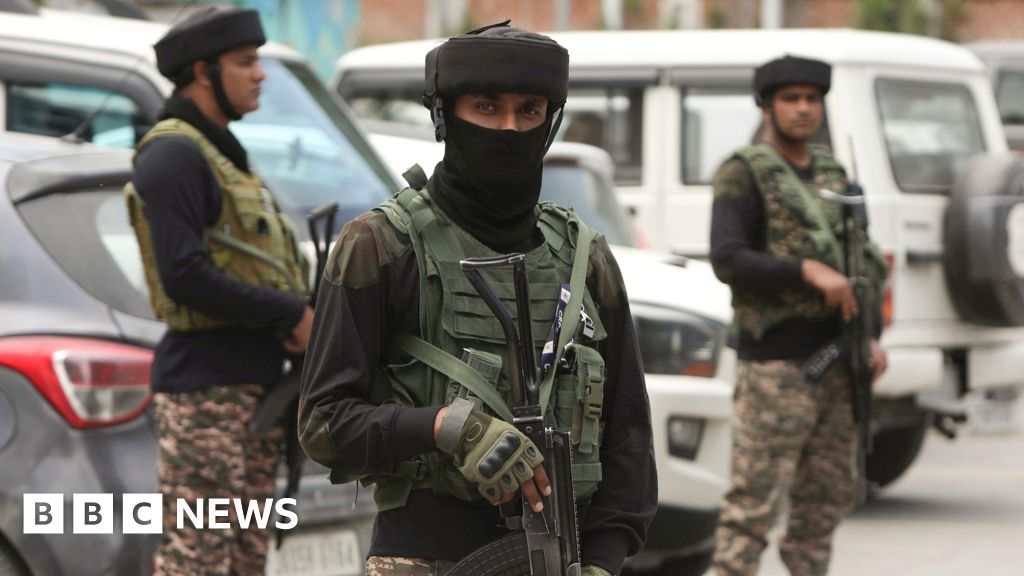Pakistan India Pakistan Receive IMF Bailout Amidst Protests
The IMF's decision to approve the bailout package has significant implications for Pakistan's economy, and it is expected to provide a much-needed boost to the country's economic growth and development. The package will support Pakistan's efforts to stabilize its economy, rebuild confidence, and address its economic challenges, and it is seen as a crucial step towards building economic resilience to climate vulnerabilities and natural disasters.

The International Monetary Fund (IMF) has approved a $1 billion bailout package for Pakistan, despite strong objections from India, which questioned the decision citing concerns over Pakistan's track record of implementing reforms and the potential risk of funds being used for state-sponsored cross-border activities.
The IMF's decision to approve the bailout package is seen as a significant development in Pakistan's efforts to stabilize its economy and rebuild confidence. The package is part of the second tranche of Special Drawing Rights under the Extended Fund Facility, and it will provide Pakistan with much-needed financial support to address its economic challenges. The State Bank of Pakistan has received $1.02 billion from the IMF, which will be reflected in the country's foreign exchange reserves by May 16.
The IMF's approval of the bailout package has been welcomed by Pakistan's government, with Prime Minister Shehbaz Sharif expressing satisfaction over the decision. However, India has criticized the move, citing concerns over Pakistan's poor track record of implementing reforms and the potential risk of funds being used for state-sponsored cross-border activities. Despite India's objections, the IMF has stated that it will continue to support Pakistan's efforts in building economic resilience to climate vulnerabilities and natural disasters.
Experts argue that India's concerns are valid, but the IMF's rules and voting structure limit its ability to address them. The IMF's voting structure is based on a country's economic weight, and India's influence is limited, with a 2.6% voting share. This has made it difficult for India to block the bailout package, despite its strong objections. Some experts have proposed reforms to the IMF's voting structure, but implementation has been slow.
The IMF's approval of the bailout package is a significant development for Pakistan, and it is expected to provide a much-needed boost to the country's economy. The package will support Pakistan's efforts to stabilize its economy, rebuild confidence, and address its economic challenges. The move is also seen as crucial for the country's economic reforms and foreign exchange reserves, and it is expected to have a positive impact on Pakistan's economic growth and development.